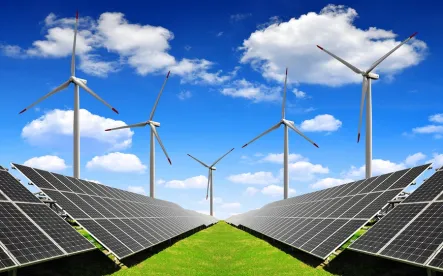This month, the National Energy Commission of Chile (CNE) is scheduled to hold a new power auction, creating competition for the supply of 4.200 GWh of annual power – more than the originally planned 3.800 GWh.
 Chile’s most recent power auction made global headline news this past August by attracting 84 participants and resulting in a world record low price of US$29.1/MWh for the Granja Solar project in Chile’s Tarapaca region. The average awarded price in that auction was $47.59/MWh – a reduction of 63 percent from the average price per MWh in 2013 and 40 percent from the average price in 2014.
Chile’s most recent power auction made global headline news this past August by attracting 84 participants and resulting in a world record low price of US$29.1/MWh for the Granja Solar project in Chile’s Tarapaca region. The average awarded price in that auction was $47.59/MWh – a reduction of 63 percent from the average price per MWh in 2013 and 40 percent from the average price in 2014.
Many factors influenced foreign bidders’ decision to compete in the auction. Growth in Chile’s GDP has been one of the strongest in the region. Sound institutional and legal frameworks and little government corruption have created an environment that has attracted significant investment in recent years. In addition, Chile is considered a global pioneer in energy market reform. The Chilean government plans for 70% of the country’s energy to originate from renewable resources by 2050. In order to achieve this goal, the country reformed its energy policy, implemented a favorable legal structure, and restructured its energy auction processes, providing a competitive playing field for both renewables and fossil fuels without the need for direct subsidies. Pursuant to new legislation, Chile is in the process of constructing an interconnection between the northern SING and central SIC grids, as well as expanding its aging transmission infrastructure in order to reduce transmission bottlenecks, facilitate the deployment of renewable energy resources, and ensure the entrance of new generation capacity.
Despite the recent economic slowdown, the unraveling of the commodity boom cycle, the existing challenges in the transmission infrastructure, low energy spot prices, and the record low energy prices in the last auction, CNE and the Chilean government are optimistic that the upcoming power auction will attract a similar number of participants as the last 2016 auction. Many experts view the record low price from the last auction as an outlier and predict that prices will reach equilibrium around the last average awarded price. With the right expertise and financing, it seems that foreign investors could make the most of this opportunity.



 />i
/>i
